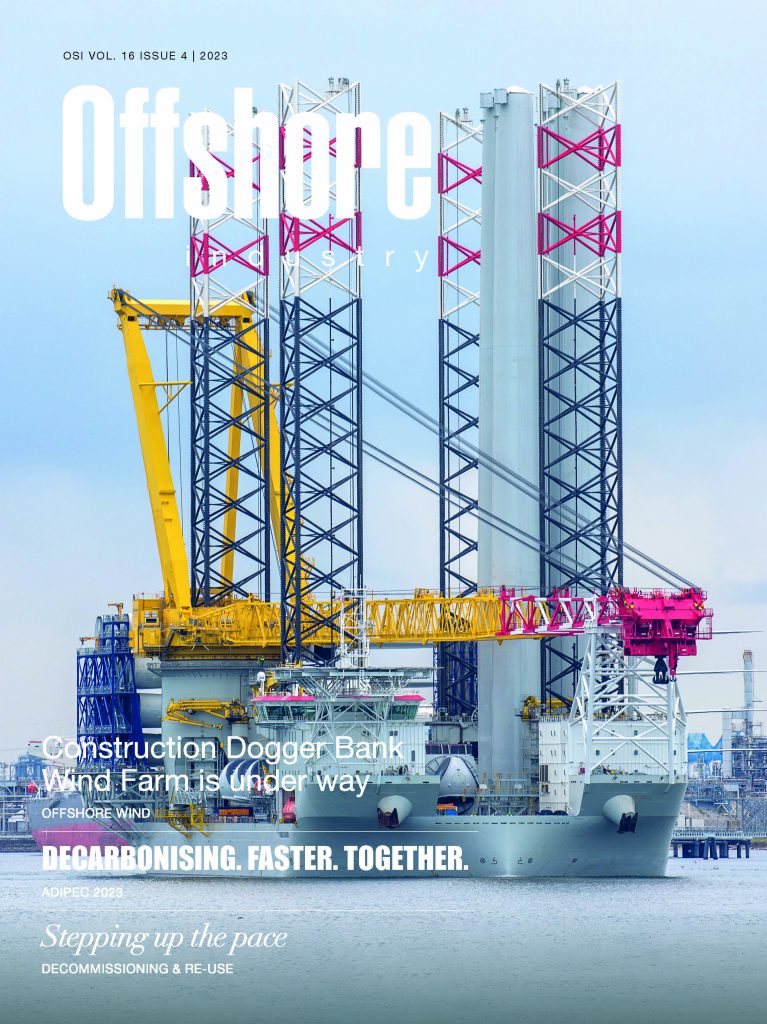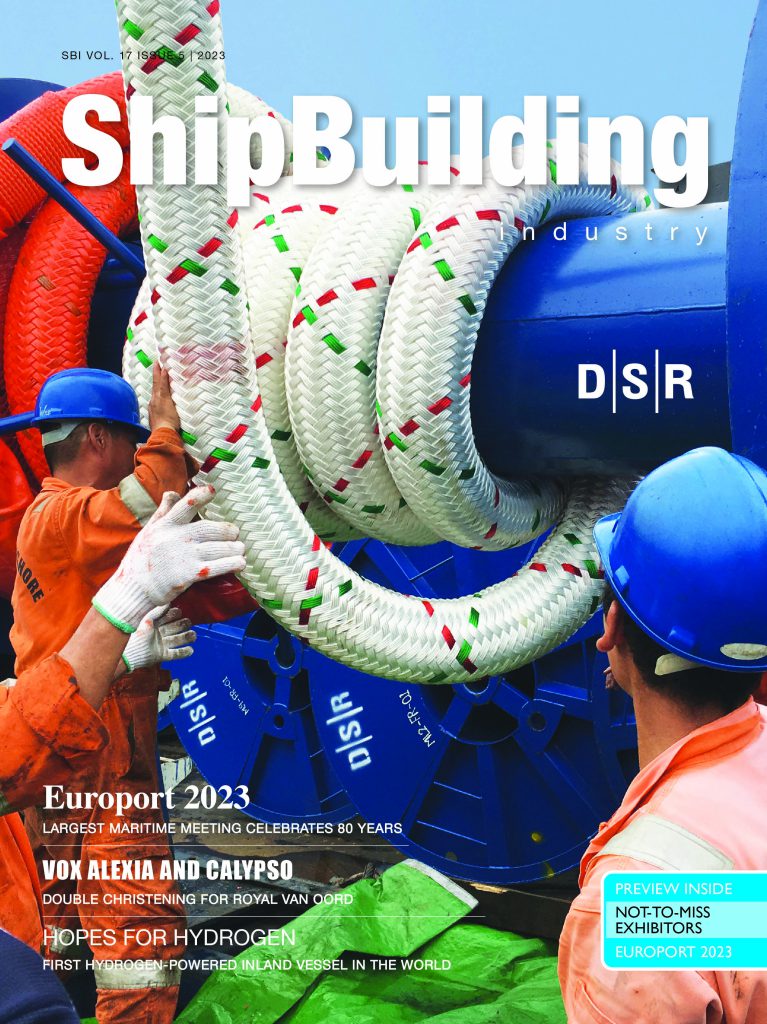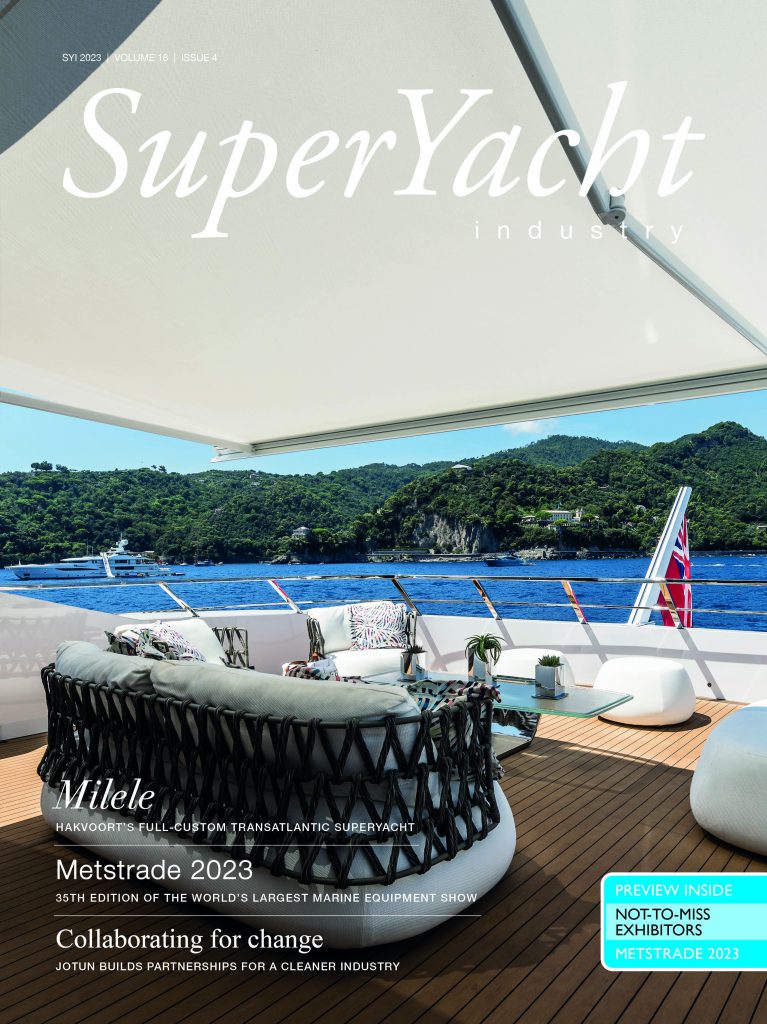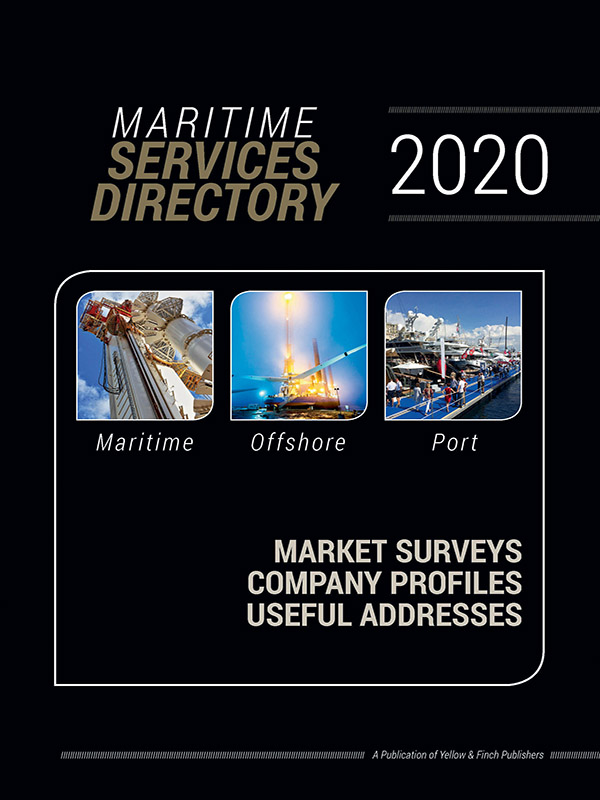Wärtsilä Extends Scope of Supply New Viking Line Ferry
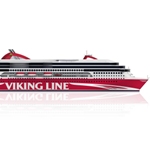 Wärtsilä has been awarded a contract by shipbuilding company STX Finland Oy to supply additional equipment for the world’s biggest LNG fuelled passenger ferry, scheduled to enter service in 2013. The ship is to be built for Viking Line, a Finnish owner, and the extension contract covers onboard LNG (liquefied natural gas) storage and supply systems (LNGPac) and an advanced Compact Silencer System (CSS).
Wärtsilä has been awarded a contract by shipbuilding company STX Finland Oy to supply additional equipment for the world’s biggest LNG fuelled passenger ferry, scheduled to enter service in 2013. The ship is to be built for Viking Line, a Finnish owner, and the extension contract covers onboard LNG (liquefied natural gas) storage and supply systems (LNGPac) and an advanced Compact Silencer System (CSS).
Earlier in 2011, Wärtsilä had received an order to deliver four gas-fuelled main engines and propulsion machinery for the same vessel, which will sail the Baltic Sea between Turku, Finland, and Stockholm, Sweden. The ship will be built at the STX Turku shipyard, in Finland. STX Finland is part of the international STX Europe Group.
LNGPac
The LNGPac comprises onboard liquid natural gas bunkering, two storage tanks, and handling equipment with related safety and automation systems. These systems have been innovated and developed by Wärtsilä. The scope of supply also includes a patented cold recovery system, which utilizes the latent heat of LNG for the air conditioning systems. By reducing electrical consumption from the cooling compressors, the cold recovery system brings significant operational savings and overall increased vessel efficiency.
Compact Silencer System
The technology of the enables noise emissions from the engines to be minimised. In particular, disturbing low frequencies will be eliminated. This silent operation is an important element of the specifications, not only for passenger comfort, but also because of the ship’s sailing route through the islands of the Turku and Stockholm archipelagos.
The use of Wärtsilä’s dual-fuel engine technology will enable this ferry to sail without restrictions in Sulphur Emission Control Areas (SECAs) and Nitrogen Emission Control Areas (NECAs). Natural gas is the most environmentally sound fuel today, and it fulfils current actual and known future marine emissions legislation coming into force in 2016.



